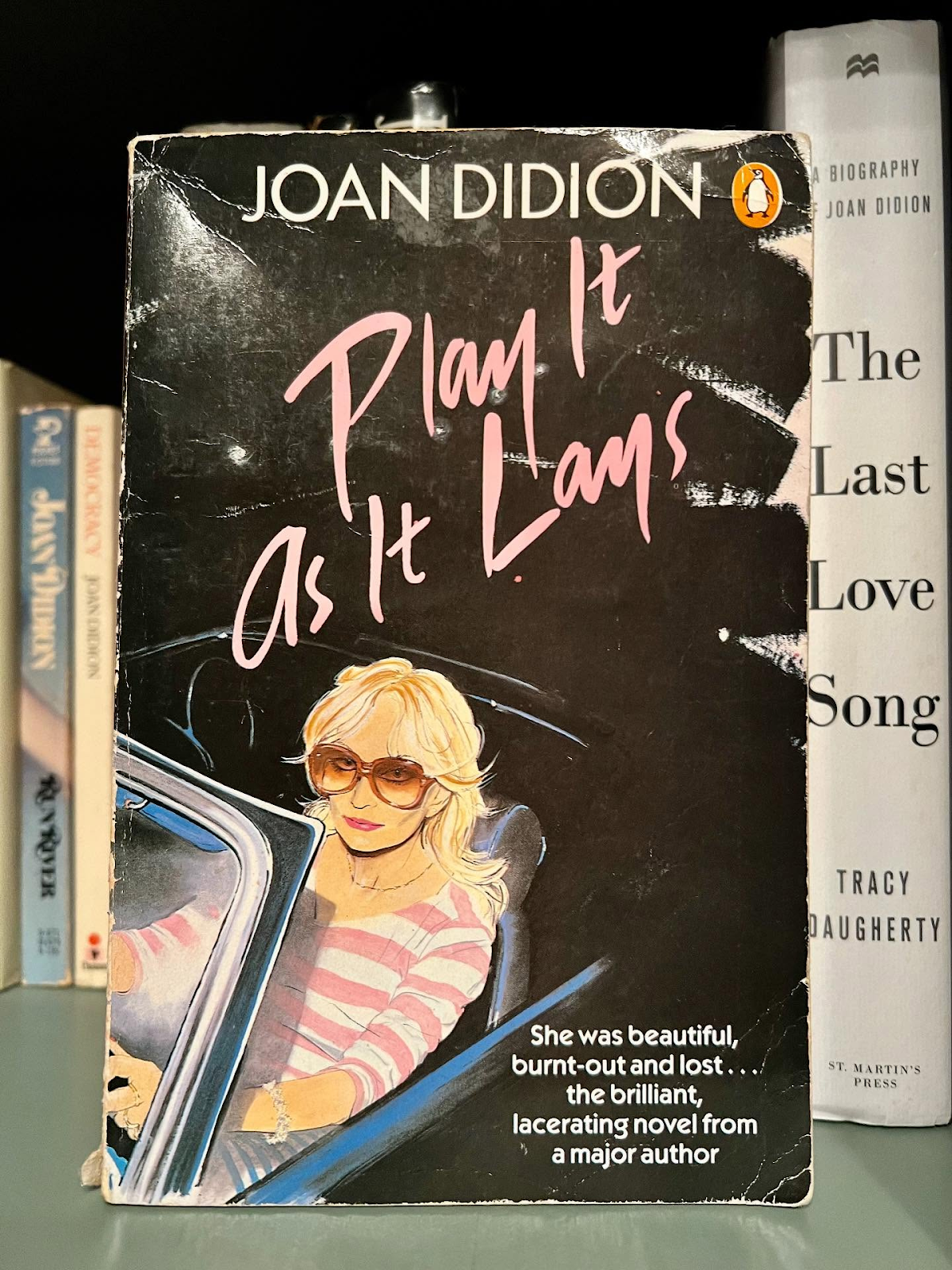One of the biggest challenges for most writers is finding the time. In my 20s and early 30s, I could sit for hours and devote entire weekends to writing without distractions. But life changes. Responsibilities pile up, free time disappears, and you have to adapt.
For a while, I thought I needed long, uninterrupted stretches before I could write. Otherwise, what was the point? I told myself that anything less than 90 minutes was pointless—but in reality, I was just putting blockers in the way.
I’ve since learned that writing a novel doesn’t require marathon sessions. It can be done in snatches, even 20 minutes here, a paragraph or two there.
If you feel like you don’t have time to write, you’re not alone. But that doesn’t mean you can’t finish a book. I’ve spent ages thinking about this and collected some strategies and wisdom from authors on how to write a novel when your schedule is packed.












